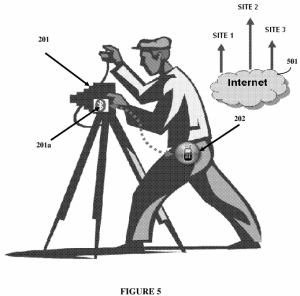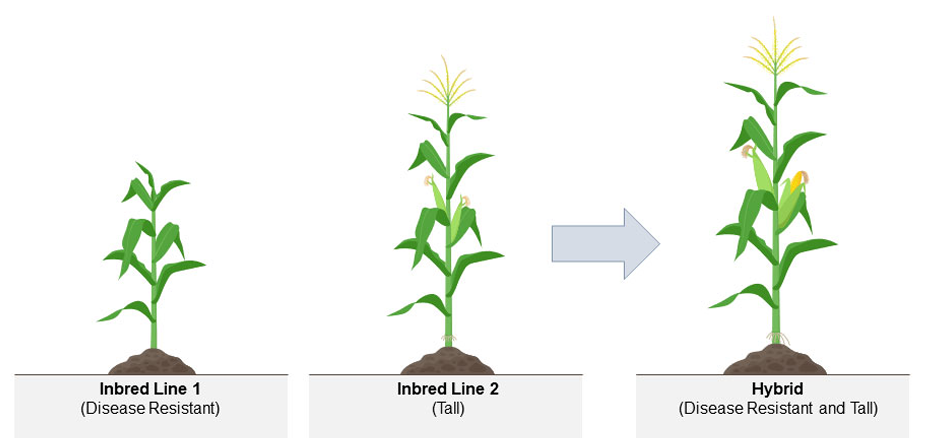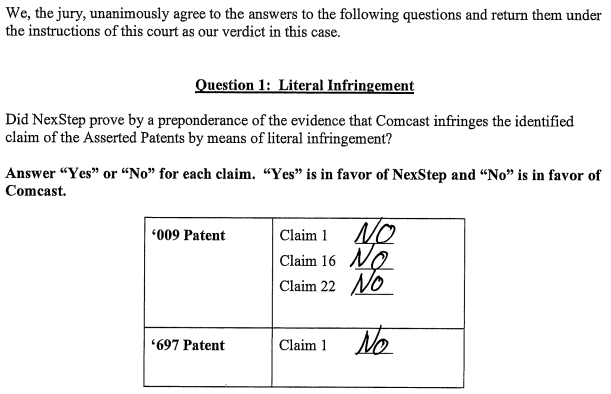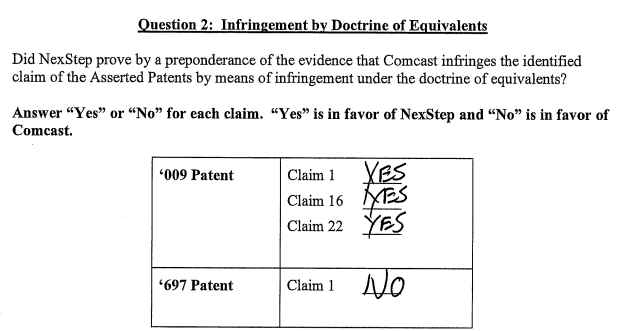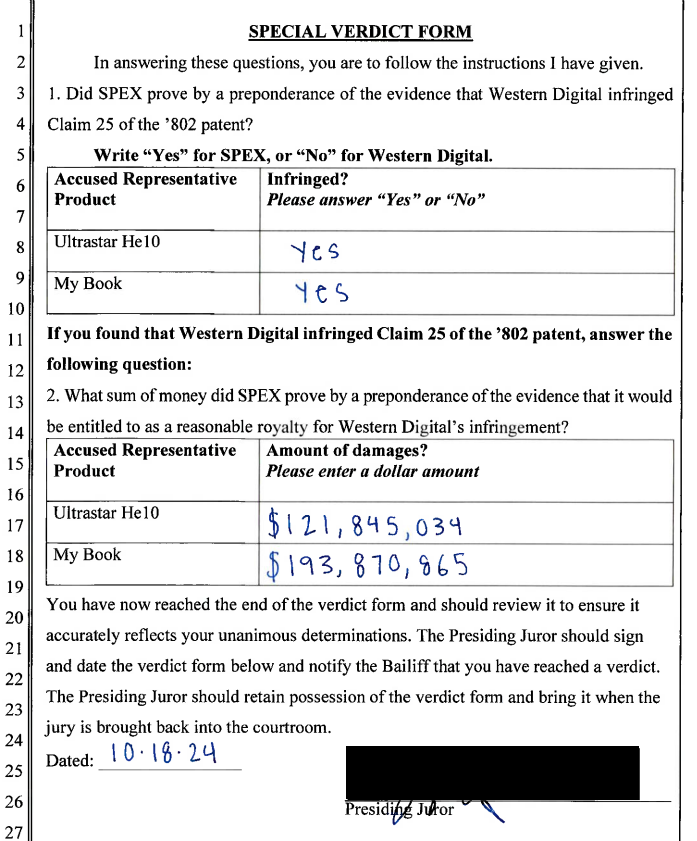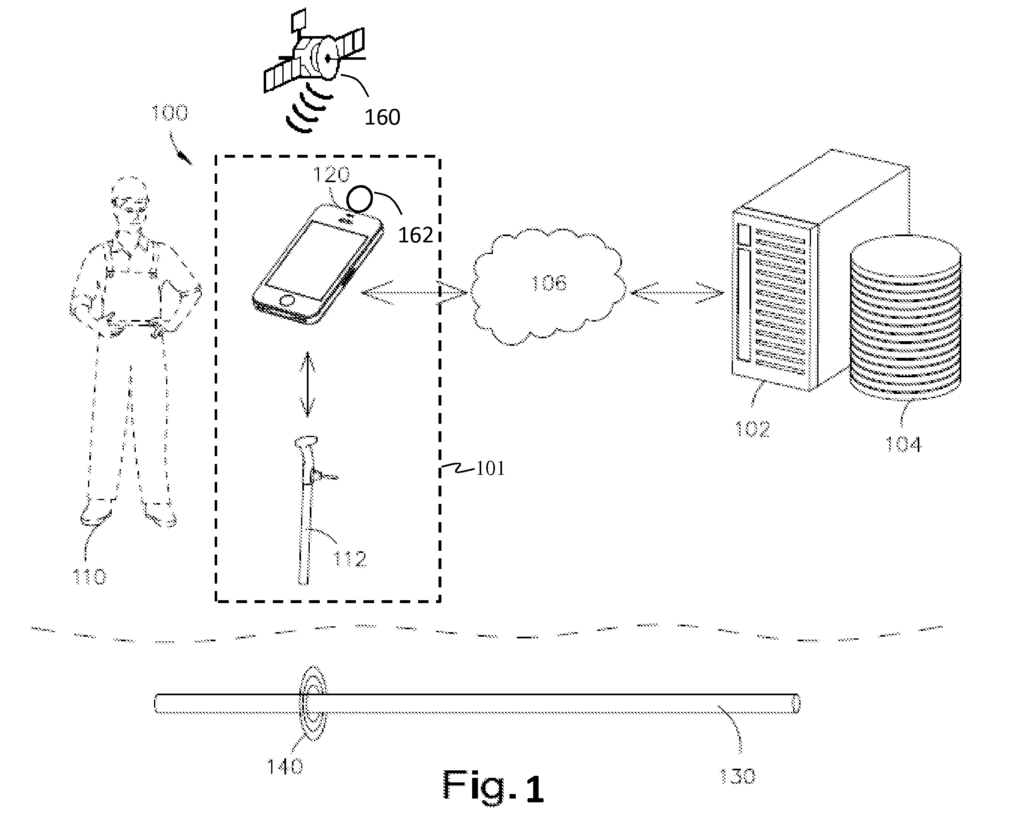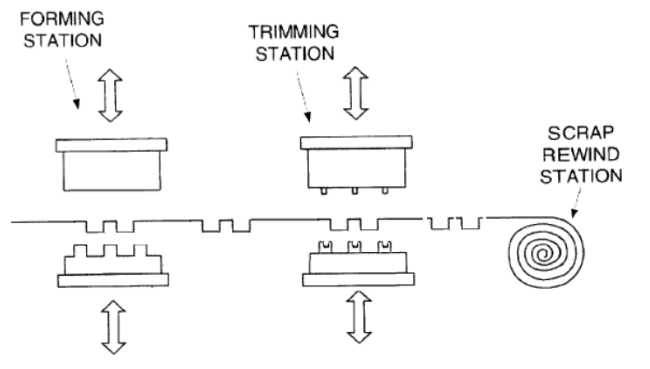by Dennis Crouch
The Supreme Court has before it another important petition highlighting the Federal Circuit's approach to statutory interpretation and administrative authority. Soto v. US stems from a Federal Circuit appellate decision focusing on the statute of limitations for awarding back pay associated with Combat-Related Special Compensation. The Supreme Court also recently heard oral arguments in Bufkin v. McDonough, which presents another important question about veterans' benefits - specifically whether the Court of Appeals for Veterans Claims must independently review the VA's application of the "benefit-of-the-doubt" rule in veterans' cases. The University of Missouri Veterans Clinic has played an active role in both of these pending cases as amicus counsel.
The pending Soto v. US petition highlights a recurring philosophical divide between Federal Circuit Judges Hughes and Reyna, with Hughes taking a formalist approach requiring specific statutory language while Reyna advocates for a more functional analysis that favors the underdog (disabled veterans). This post first walks through the Soto case and pending petition and then delves a bit deeper into the contrast between these two leading jurists at the Federal Circuit.
To continue reading, become a Patently-O member. Already a member? Simply log in to access the full post.


